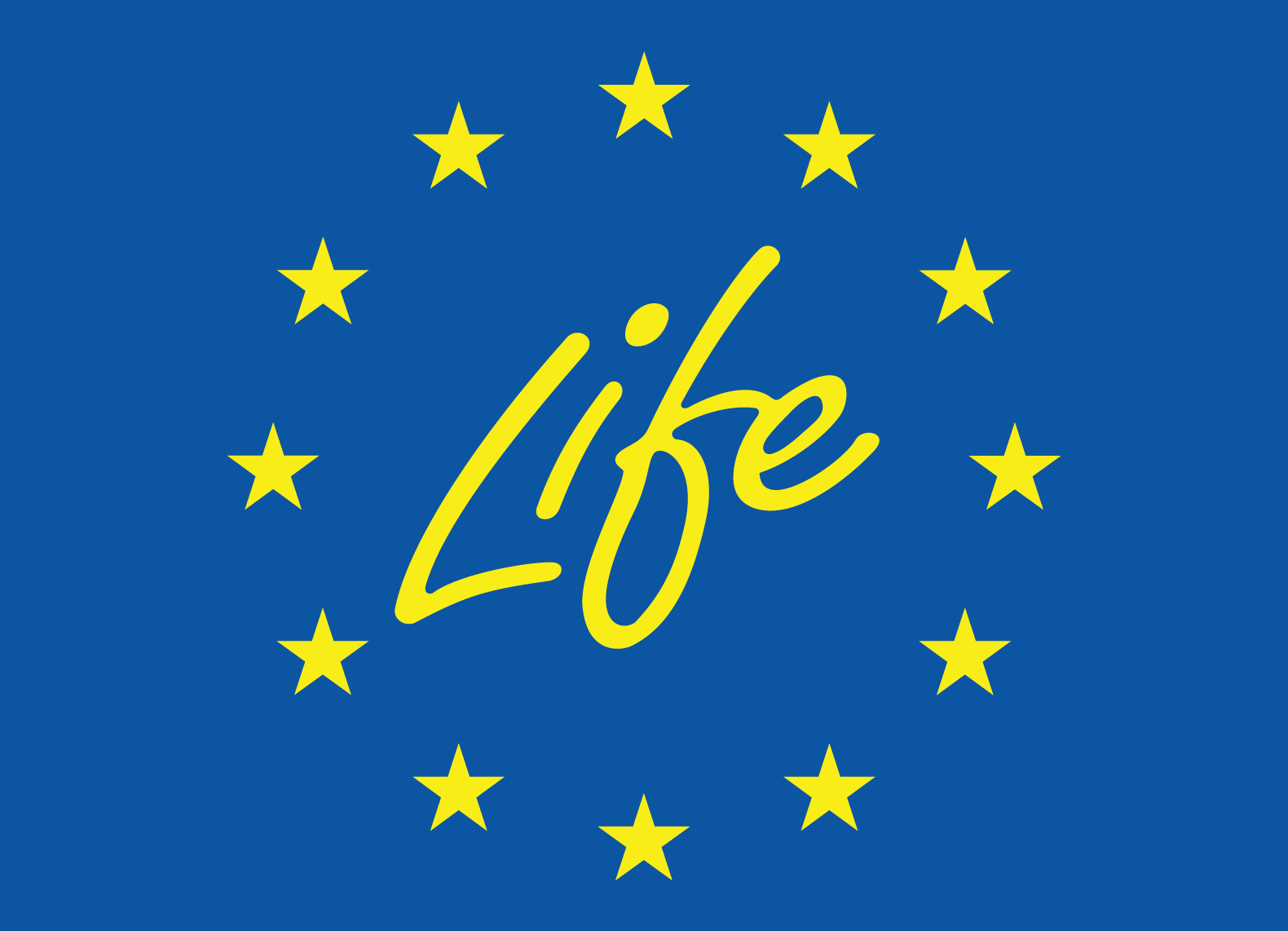Key points CAP2023-2027 reform and focus CAP National Plans
The Trialogue negotiations between the European Parliament (EP), European Commission (EC) and European Council (EP) came to an end late June 2021, and the remaining technical discussion finished on 23 July.
On 9 September, the EP’s Committee on Agriculture and Rural Development (COMAGRI) approved the three CAP 2023-2027 Regulations – CAP Strategic Plans; financing, management and monitoring of the CAP; and a Regulation on Rules on the Common Organisation of the Market on Agricultural Products.
IFOAM Organics Europe’s members can find a detailed update on the CAP reform – an overview of the new regulations, voting results and the relevant points to the organic movement on our member extranet.
What comes next?
The focus is now at the national level, given all EU Member States are currently drafting their CAP national Strategic Plan (SP). They will have to submit their SP by 31 December 2021, and then the European Commission will have one semester to approve them or not. If the plenary of the EP approves new CAP Regulations and if the EC approves the CAP national SPs, the new CAP 2023-2027 Regulations will enter into force as of 1 January 2023.
IFOAM Organics Europe calls on Member States to
- Include the Green Deal and Farm to Fork targets in ambitious SPs; and
- Allocate the necessary funds to climate and environmentally friendly measures.
- Allocate appropriate support for the development of organic production
Advocacy materials & further reading
To support its members’ national advocacy, IFOAM Organics Europe published ‘Organic in Europe – Prospects and developments for organic in national CAP Strategic Plans’. This document highlights potential targets for organic land at the national level, and how much of the national CAP budgets would need to be dedicated to organic farming in all Member States to reach these national targets and the EU Farm to Fork and Biodiversity strategies’ average target of 25% organic land by 2030.
We also published Organic Farming and Biodiversity – Policy Options highlighting the contribution of organic farming to protecting Europe’s biodiversity, and proving organic farming is a solution to shift towards more sustainable food and farming practises.
Despite having 50% of EU’s spending for climate allocated to the CAP, the agricultural sector’s greenhouse gas emissions do not decrease, according to a report published by the European Court of Auditors in June 2021.
Moreover, IFOAM Organics Europe also calls on Member States and the European Commission to include farmers, NGOs, citizens, researchers, agroecologists and public authorities in the CAP SPs approval process. To this end, we co-signed a joint letter from civil society organisations calling for a fair and transparent process.
JRC report on CAP & greenhouse gas emissions
Finally, we would like to mention a report by the Commission’s Joint Research Center (JRC). During the summer, they released a report aimed at assessing whether the CAPRI model could be a relevant tool to evaluate EU agricultural policies.
Contrary to what some claim, such as COPA COGECA in its press release from 9 August 2021, this report is not an impact assessment. As such, the report’s conclusions should not be used as claims that the implementation of the European Green Deal and Farm to Fork Strategy’s targets with the current CAP2014-2020 would have negative consequences – such as a loss of 10% up to 50% of yield due to the reduction of pesticides and fertilizers use, a decrease of farmers’ revenues, a lower competitiveness of agricultural products triggering a decrease of exports and an increase of imports. The CAPRI model showed many weaknesses mentioned by the JRC itself – as many indicators such as pollinators are not considered. The report cannot be used as a tool to precisely analyze the impact of the EU Farm to Fork Strategy – as also mentioned by PAN Europe.
For more information on the CAP and IFOAM Organics Europe’s work on the CAP, please contact [email protected]. Please do note that we prioritise our members’ requests.
Our members can also consult our arguments database on the member extranet for background materials on topic (main messages, arguments/FAQs, visuals & videos).
For information about what you can gain from being a member, read our membership page and contact [email protected].


